Part 2: “The Spirit” // Acts 2:14–47
Overview:
Our passage from Acts 2 is about the birth of the Christian church. They brought ideals into the world that no one had ever thought of, because it was based on their new idea of ultimate reality.
It shows us what made the earliest Christian community so different from the culture surrounding them and secondly, what the source of that difference was.
Summary:
The Spirit is clearly at work in key events throughout the Scriptures, from creation, to Christ’s incarnation, to Jesus’ resurrection, and continuing in the salvation of believers. In this passage God’s Spirit enters into believers permanently for the first time. Approximately six weeks after His resurrection and just days after His ascension, Jesus fulfilled His promise to supernaturally empower His disciples by pouring out the Holy Spirit on them. After the disciples receive the gift of the Spirit, Luke focuses upon the tangible ways in which the Holy Spirit formed the early Christian community, leading Peter to explain the phenomenon of the gift of the Spirit through the Hebrew Scriptures.
Peter’s Gospel presentation quoted Joel 2, Pslam16 and 110 to demonstrate that what they are seeing and experiencing is the salvific grace and gift from God promised in the Scriptures, according to which he succinctly concludes that Jesus is the promised “Lord and messiah” (2:36). We see the continued emphasis upon the Gospel transcending and traversing geographical boundaries as Peter proclaims that “the promise is… for all who are far off” (2:39). If Eden was undone by the cross and Jesus’ resurrection, this event, Pentecost, is the undoing of what happened at the tower of Babel. In a reversal of the scattering that took place at Babel, God used this festival to bring people from the far corners of the earth to know Him. And from this point forward, people would not need to return to a central place to know and worship God, but could go anywhere on earth and still meet God, other believers, and worship together in their own language. The chapter closes with a description of what one of these early communities looked like (2:40–7)
Key Passages:
Peter sees the Spirit promised in OT Prophecy
vv. 16–21, Joel 2:28–32
v. 22 OT promise becomes NT fulfillment
Peter sees OT promises cannot be fulfilled without Jesus
vv. 25–29, Psalm 16:8–11
Peter appeals to fact and eyewitness testimony
v. 32 “a fact to which we are all witnesses”
Peter sees Christ prophesied in the OT
v. 35 “The LORD said to my LORD,” Psalm 110
The NT Community Built by the Spirit
v. 42, 46 The Apostle’s teaching, shared meals, prayer
vv. 44–5 Shared resources
v. 47b Meeting new people
Key Ideas:
While faith and salvation in Christ through the indwelling of His Spirit was new to these disciples, Peter emphasizes that this is actually a continuation of what God has been doing through Israelite history and the OT all along. God made this promise multiple times, “I will pour out of My Spirit upon all flesh” (Jo. 2:28; Isa. 32:15; Ez. 39:29; Zech 12:10), and its fulfillment is seen in the Spirit rushing to meet men and women, young and old, Jew and Gentile. Peter wanted to show the Pentecost attendees from Scripture and from events that had recently taken place that the Gospel of Christ has been validated as true by God Himself. That Peter was successful is evident by the amazing response to his message; both the enabling of the Spirit and Peter’s decision to start by addressing the questions his audience was asking ensured the powerful impact of his Gospel presentation.
